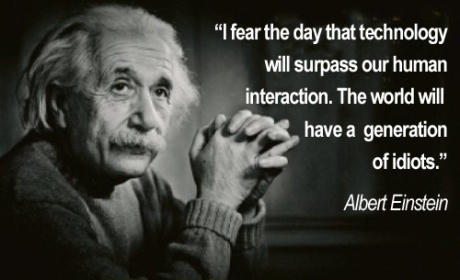After watching this interesting TED talk by Jesse Schell about the current and future direction technology is taking us, I was fairly concerned with his vision.
Jesse talks about how gaming concepts are slowly breaking out into the real world. He mentions many ways in which companies are promoting products through prizes, incentives, or essentially gold stars for behaviour or actions, and believes this is the direction which technology is taking us.
It reminded me of an episode of Black Mirror, a UK TV show which envisions alternative worlds, where technologies have drastically shaped the world in one way or another.

In this particular episode that I was reminded of, called “15 Million Merits”, citizens of the world live in a points system, which they earn by cycling all day. These points are equivalent to todays currency, and are used to purchase everything from food to skipping advertisements on the TV (something which can be seen on apps already).
The fact visions of a similar future have been conceived proves that it isn’t unrealistic. However, this kind of future doesn’t appeal to everyone. Lauren Abbas, fellow Digital Communication student thinks living by a points system is absurd.
“I’m capable of making my own decisions, I don’t need an incentive to eat healthily or save water. It sounds like another way the government could control our decisions or thoughts,” said Abbas.
It has to be said that in the “15 Million Merits” episode the characters are under complete control of the points system, and it is basically impossible to break out, so she may have a point.
In another episode, also set in the near future, characters have had a vision ‘grain’ implanted into their heads which records everything they see, and they are able to play it back whenever they like. On this idea, Lauren has no plans do to anything of the sort if the option became available.

However, she would be willing to partake if you didn’t have to get an implant and could simply… wear glasses… which, are actually a thing.
It is clear that we are on the verge of massive cultural changes through technology, and it is no coincidence that people are sharing similar visions of how it will manifest itself. But, as Lauren alluded to with her comment about government control, we must use these advances for positive change and not as in “15 Million Merits,” make ourselves suffer even more.


